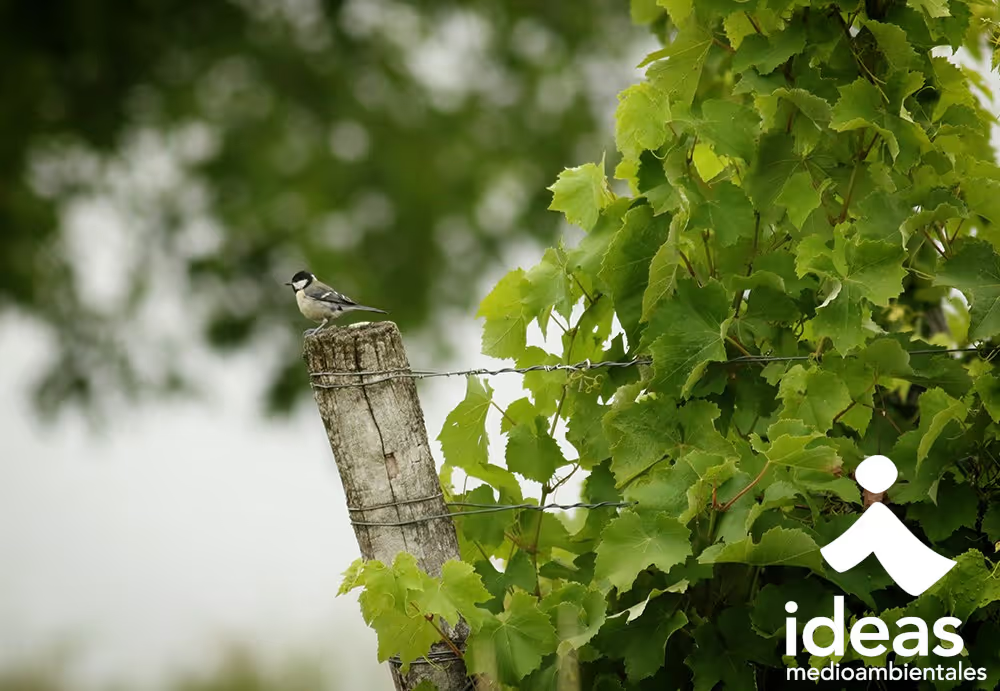EFSA
La European Food Safety Authority (EFSA) is a body that provides independent scientific advice on risks associated with the food chain (birds and mammals). This advice, developed by a scientific committee and external experts, is applied in European legislation and policies, helping to protect consumers and the environment from the above-mentioned risks.
Its competencies include aspects such as food and feed safety, nutrition, plant protection, animal health and welfare. And it is on this last aspect that we are going to focus on in this POST.
Guidance documents
According to European legislation, for an industry to obtain authorization to market plant protection products, it must provide appropriate information that allows member States to evaluate their direct effect on human and animal health, and on the environment. To this end, there are a series of guidance documents that help member countries and industries to meet these obligations.
Among these documents, there is the Guide on Risk Assessment for Birds and Mammals (EFSA 2009), which is periodically reviewed and updated by the Technical Commission on Plant Protection Products and their Residues (BY). This document provides guidance on all available options for risk assessment, including field studies to obtain better data on pesticide residues or ecological data on potentially affected animal species, helping member States to protect birds and mammals against the potential negative effects of pesticide use.
Collaboration and studies
Since the beginning of last year 2020, Environmental Ideas an interesting collaboration agreement has begun with the international environmental consultancy Eurofins MITOX (https://www.eurofins.com/contact-us/worldwide-interactive-map/the-netherlands/eurofins-mitox-bv/) based in Amsterdam and an expert in eco-toxicology and taxonomy, to carry out different risk assessment studies on wildlife due to the use of pesticides, as indicated in the guide on risk assessment for birds and mammals (EFSA 2009).
The fieldwork is being carried out in the region of Aquitaine, in southwestern France, where the Dutch consultant has a delegation carrying out studies both in the laboratory and in the field.
In one of the collaborative projects, we are studying the presence and time spent in conventional vineyards by species of insectivorous birds during the breeding period to determine the amount of food obtained in these agricultural areas where pesticides are applied. The methodology used consists of radio-tracking of captured birds to study their use of vineyards as foraging areas.
Radio telemetry applied to wildlife is an excellent methodology for answering ecological and management questions that would otherwise be impossible to evaluate. Thus, radio telemetry allows the collection of data on parameters specific to each individual such as movement patterns, behavior, use of the habitat at a detailed level, survival, etc. on a continuous basis over time and for the desired period of study.
We are also collaborating in studies where we evaluate the residues that arthropods that live in the vineyards may present after the application of the pesticide and that, therefore, become part of the ecosystem's food chain when they are captured and ingested by a predator. To this end, we determine the concentration of these residues in arthropods before and after applications using different certified methodologies.
The data obtained in both types of study will be used for risk assessment of insectivorous and omnivorous birds and mammals.
Ideas we share
What we really think. 0% spam contamination


.avif)

.avif)




